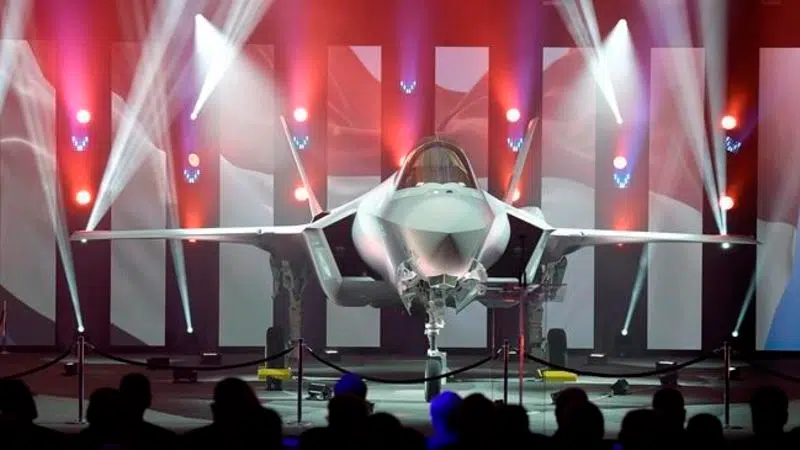
U.S. threatens to pull F-35 from jet competition over industrial requirements
OTTAWA — U.S. officials have threatened to pull the F-35 out of the competition to replace the Royal Canadian Air Force’s aging CF-18 fighters over the Liberal government’s plan to ask bidders to re-invest some of the giant purchase contract in Canadian industry.
The warnings are in two letters sent to the government last year and obtained by defence analyst Richard Shimooka. They were released in a report published Monday by the Macdonald-Laurier Institute think-tank.
They say the requirement is incompatible with Canada’s obligations as a member of the group of countries working together to develop the F-35 stealth fighter in the first place.


